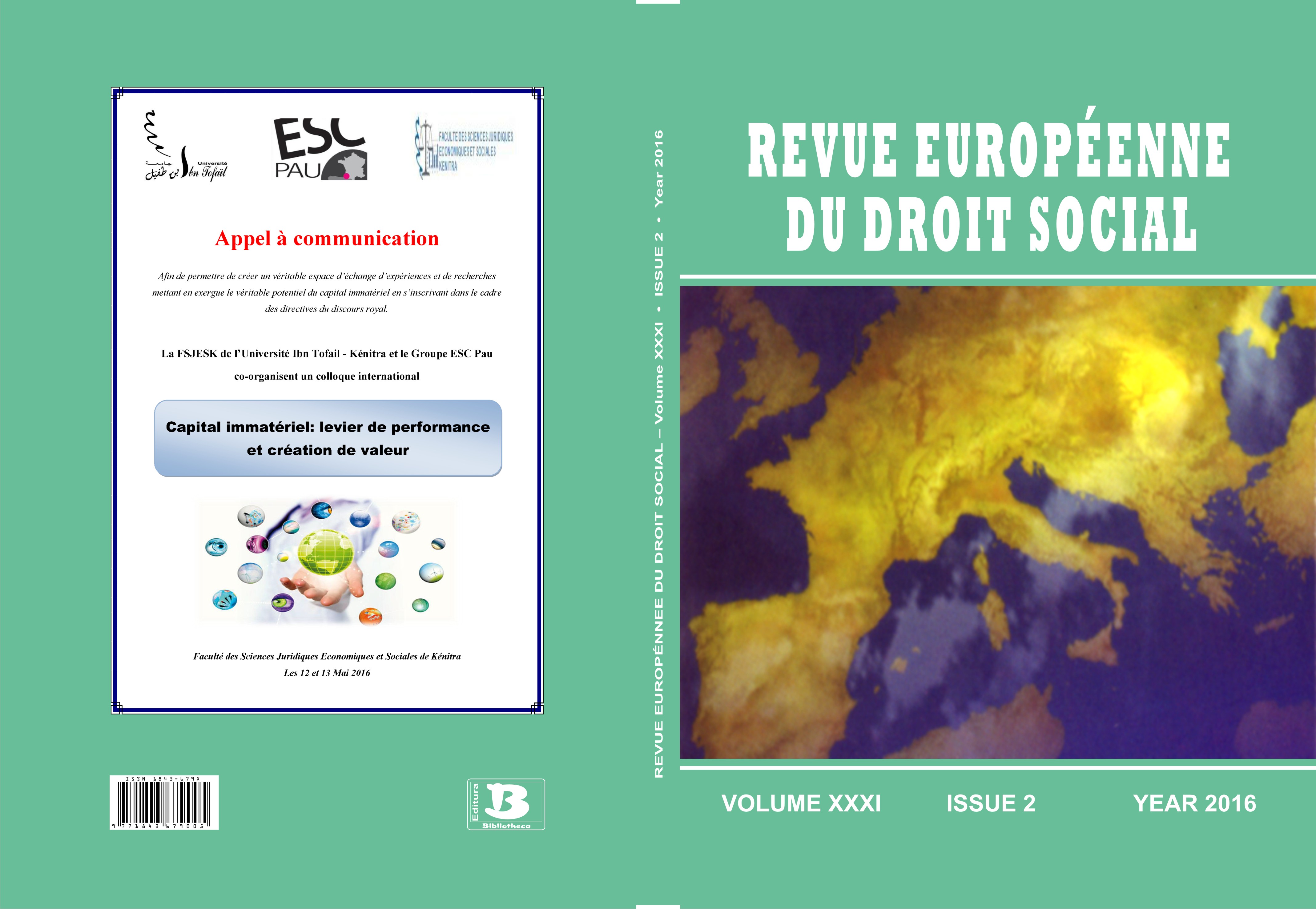LIBERTAD SINDICAL Y REPRESENTACIÓN DE TRABAJADORES EN BRASIL: UNA SÍNTESIS CRÍTICA DEL MODELO BRASILEÑO
FREEDOM OF ASSOCIATION AND REPRESENTATION OF WORKERS IN BRAZIL: A CRITICAL SUMMARY OF BRAZILIAN MODEL
Author(s): Schwarz Rodrigo Garcia, Thome Candy FlorencioSubject(s): Law, Constitution, Jurisprudence, Labor relations, Economic policy
Published by: Editura Bibliotheca
Keywords: Brazil; collective bargaining; freedom of association; trade union; Brazilian trade unionism of State; worker representation.
Summary/Abstract: This article aims to explain, critically, the trade union model and the worker representation model in Brazil. It shows that in Brazil the union organization and the worker representation model were historically generated from a corporatist conception, based in the model of union organization called “oneness”, which determines the existence of only one trade union organization representing a professional category on the same basis territorial (the trade union monopoly), and which aimed to transform the unions into organs of collaboration with the State, and that, despite the redemocratization of the country, the Brazilian Constitution of 1988 retained intact the structural basis of this model, a "trade unionism of State" which has three main areas: the official unions, the trade union monopoly and the compulsory trade union contribution. Therefore, the Brazilian union structure is often seen as an obstacle to dialogue and social consensus, with a significant deficit of representation, which limits the effective exercise of freedom of association and the potential of collective bargaining.
Journal: Revue Européenne du Droit Social
- Issue Year: 2016
- Issue No: 2 (31)
- Page Range: 60-71
- Page Count: 11
- Language: Spanish

